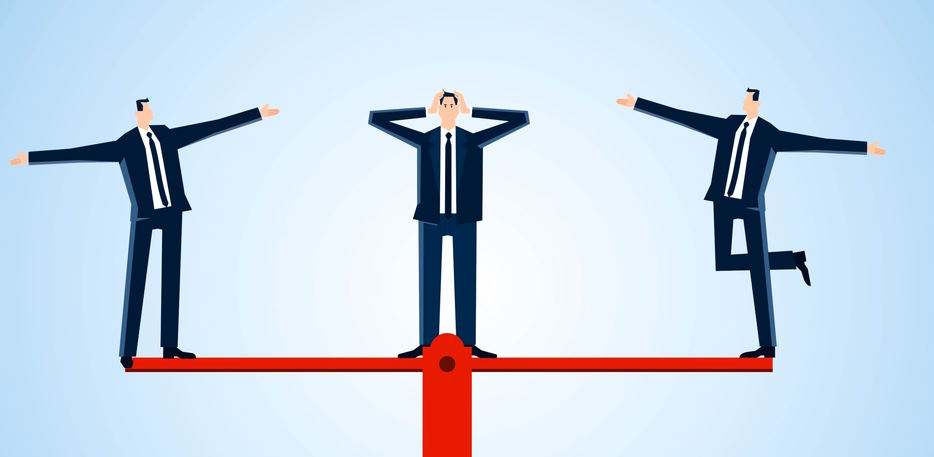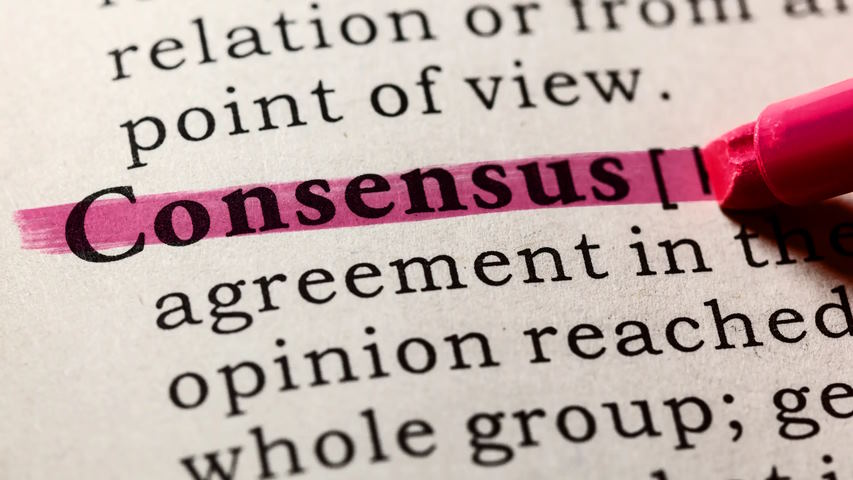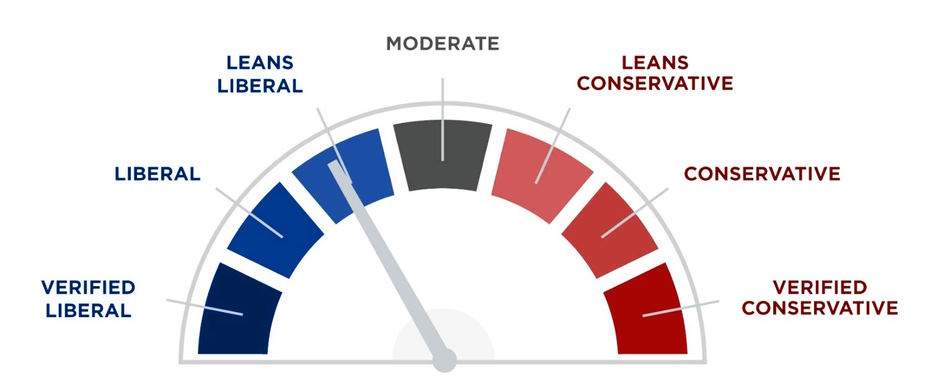
Do you ever feel like you don’t understand today’s political landscape? With so many different voices and opinions on any given issue, it can be hard to keep track. To make sense of this complex environment, one must first gain an understanding of the political spectrum and how it applies to society. The concept is simple: Political ideologies occupy a continuous spectrum ranging from left-wing to right-wing, with various shades in between – but what does that mean for us and our societies? In this blog post, we will take a deep dive into the nuances of these social philosophies and discuss their overall impact on our communities. By exploring all sides of these ideologies, we hope to equip readers with a better comprehension of their country’s current landscape.
The power of the political spectrum – a guide to its significance and implications
The political spectrum is a tool used by political theorists and commentators to explain the diverse range of ideologies that exist in society. In addition, it can be used to visualize people’s different perspectives on politics, which helps give context to larger debates and discussions.
At its most basic level, the political spectrum places left-wing ideologies (such as socialism) on one side, while right-wing ideologies (like capitalism) are placed on the other end. In between these two extremes lie more moderate or centrist positions, such as those held by many liberals and conservatives alike. This structure allows us to better understand how different beliefs interact with each other and how they shape public policy decisions.
By understanding where our beliefs fall within the political spectrum we can better understand our political ideologies and those of others. In addition, it can help us to identify and appreciate the nuances between different versions of a certain ideology or even between an ideology we agree with and one we don’t.
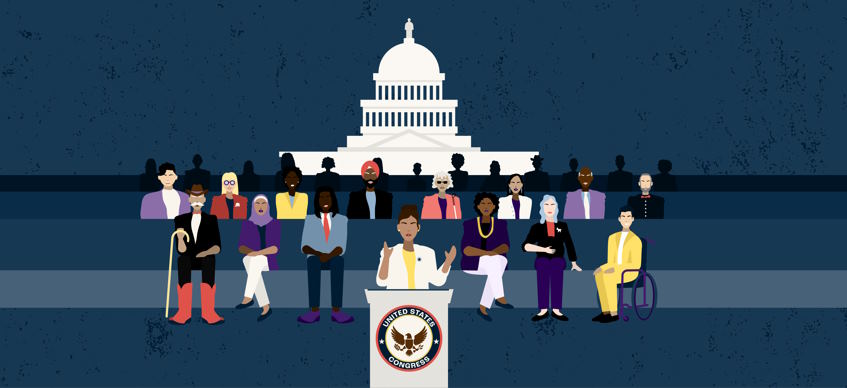
The political spectrum is also helpful in understanding complex global events, as it allows us to see how different countries have adopted different economic, social and foreign policies based on their particular ideological leanings. For example, many developed nations are more left-leaning, while developing countries tend to lean towards the right. This may explain why some governments have adopted welfare programs while others have implemented austerity measures.
Ultimately, the power of the political spectrum lies in its ability to provide us with insights into how our beliefs shape public policy and how beliefs vary from one part of the world to another. By understanding this spectrum, we can better understand and appreciate the nuances between different political ideologies and how they may affect our lives. It also helps us to identify our own unique ideological leanings and appreciate those of others. With this knowledge, we can all engage in more meaningful discussions about policy decisions that will shape our future.
A deeper understanding of the political spectrum and its impact on our lives
We can learn about the different types of governments, their history, and how they operate in order to understand why certain policies are created or changed. We can also gain insight into current events and debates on topics such as immigration, taxation, economic policy and foreign affairs. Lastly, we can use this knowledge to look for solutions to global problems such as climate change, poverty and inequality. By understanding the political spectrum and its effects on our lives, we have the potential to create a more just society for everyone.
These issues require a deep level of civic engagement to find real solutions that work for everyone involved. This means that it is important for all citizens to stay informed about the political landscape and to participate in the democratic process actively. Taking part in public debates, attending local meetings or voting are all important steps towards creating a more equitable society. In addition, educating ourselves on the issues at hand ensures our voices are heard and that our efforts lead to real solutions that benefit everyone.
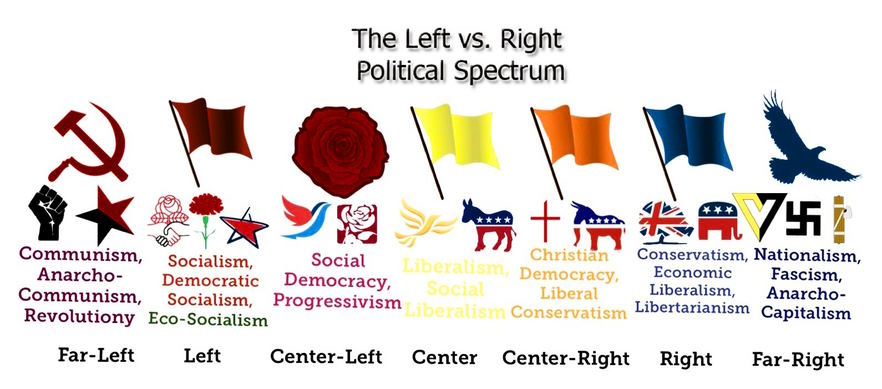
At the end of the day, citizens must stay engaged with the political spectrum to create a better world for everyone. Understanding how politics work and what kind of policies are being implemented can help us make more informed decisions when it comes to voting or taking other civic actions. Furthermore, learning about different ideologies and their impacts on society can give us insight into ways we can create lasting social change. Ultimately, the more we know and understand about politics, the better equipped we will be to fight for a more equitable society.
This is why staying informed and engaged in political discussions is important, even if it seems your voice doesn’t matter or won’t make a difference. Every opinion counts and every individual has the power to shape our world. So don’t be afraid to express your opinion and use your knowledge of political issues to create positive change in our society.
No matter where you fall on the political spectrum, everyone can work together to strive for a better future. It is time for us all to become informed citizens and take active steps towards creating an equitable society. We all must come together to understand the political spectrum and use our knowledge of it in order to create positive change. So let’s work together to make our world a better place for everyone!

